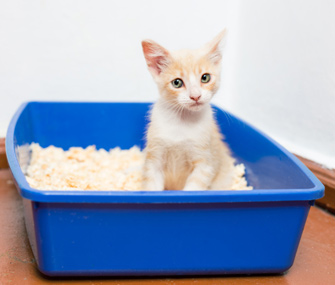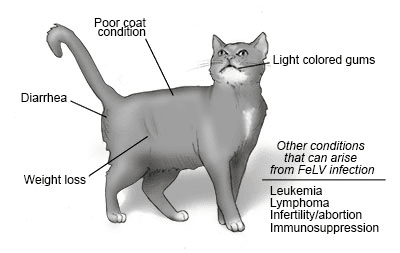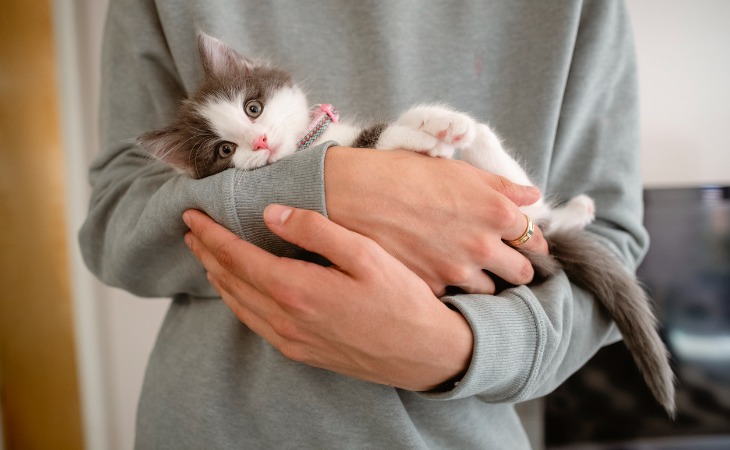“Until one has loved an animal, a part of one’s soul remains unawakened.” — Anatole France
Welcoming a new kitten into your home is an exhilarating experience filled with joy and anticipation. However, ensuring your kitten’s health from the start is crucial for a long and happy life together. According to the American Veterinary Medical Association (AVMA), regular veterinary care and a well-thought-out home environment can significantly improve your pet’s health outcomes. This article provides essential steps for new kitten owners to ensure their feline friend’s optimal health and well-being.
Preparing Your Home
Safe Space
Before bringing your kitten home, create a safe, quiet space where they can adjust to their new surroundings. This area should include:
- A cozy bed
- Food and water dishes
- A litter box
- Toys for stimulation
Kitten-Proofing
Kittens are naturally curious and prone to exploring their environment, sometimes getting into trouble. Kitten-proof your home by:

- Removing toxic plants (e.g., lilies, poinsettias)
- Securing electrical cords
- Keeping small objects out of reach
- Locking away household cleaners and chemicals
Nutrition and Feeding
Balanced Diet
A balanced diet is crucial for your kitten’s growth and development. Consult your veterinarian to choose a high-quality kitten food that meets the nutritional guidelines set by the Association of American Feed Control Officials (AAFCO). Ensure the food contains:
- High protein levels for muscle development
- Essential vitamins and minerals for overall health
- DHA for brain and vision development
Feeding Schedule
Establish a consistent feeding schedule. Typically, kittens under six months old should be fed three to four times a day. As they grow, you can gradually reduce the frequency to two meals per day.

Veterinary Care
Initial Vet Visit
Schedule your kitten’s first vet visit within a week of bringing them home. This visit should include:
- A comprehensive physical examination
- Vaccinations (e.g., FVRCP, rabies)
- Discussion of flea, tick, and worm prevention
- Microchipping for identification
Regular Check-Ups
Regular veterinary check-ups are vital to monitor your kitten’s health and development. Most vets recommend visits every three to four weeks until your kitten is about four months old.
Socialization and Training
Early Socialization
Early socialization is crucial for a well-adjusted cat. Introduce your kitten to different people, environments, and other pets gradually. This helps them become comfortable with various experiences and reduces the likelihood of fear-based behaviors.

Litter Training
Most kittens learn to use a litter box quickly. To encourage proper litter box habits:
- Place the litter box in a quiet, accessible location
- Clean it regularly to prevent odors
- Use unscented litter to avoid deterring your kitten
Play and Exercise
Importance of Play
Play is essential for your kitten’s physical and mental development. Provide a variety of toys to stimulate their natural hunting instincts. Interactive toys like feather wands and laser pointers can help strengthen your bond.
Encouraging Exercise
Encourage regular exercise to maintain a healthy weight and prevent boredom. Climbing structures, scratching posts, and tunnels are excellent for keeping your kitten active and engaged.

Addressing Common Health Issues
Recognizing Illness
Kittens are susceptible to various health issues. Be vigilant for signs of illness such as:
- Lethargy or decreased activity
- Poor appetite or difficulty eating
- Sneezing, coughing, or nasal discharge
- Vomiting or diarrhea
Immediate Action
If you notice any of these symptoms, contact your veterinarian immediately. Early intervention can prevent more severe health problems.
Creating a nurturing environment for your new kitten involves careful preparation and ongoing attention to their health and well-being. By following these steps, you can ensure your kitten grows into a healthy, happy adult cat, enriching your life with companionship and love.





















